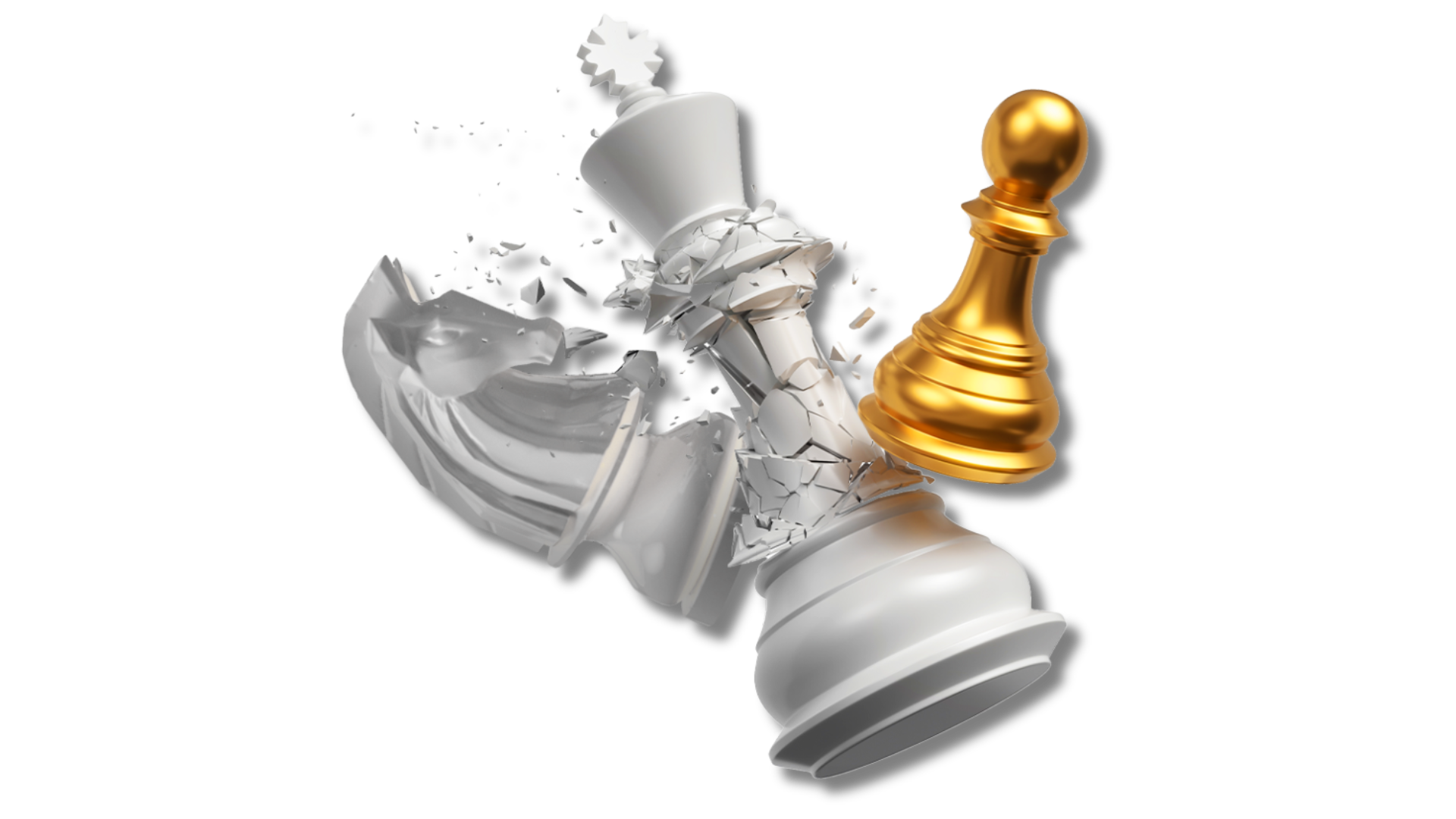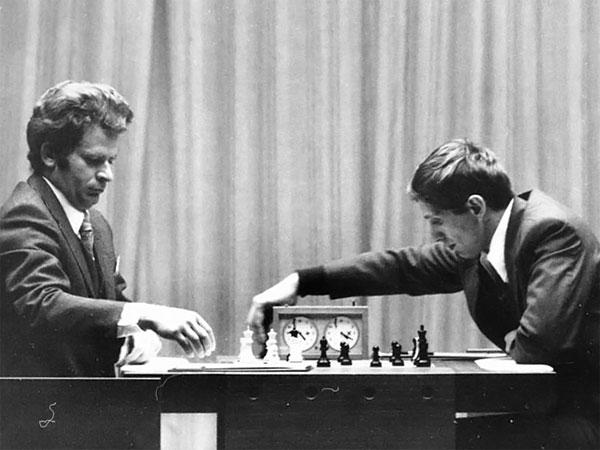The 1972 World Chess Championship, called “The Match of the Century,” was indeed a monumental clash between two chess giants: American challenger Bobby Fischer and Soviet champion Boris Spassky.
The match was dramatic from start to finish. Fischer’s behavior before and at the beginning was as usual–unpredictable. He nearly forfeited the entire match, arriving in Reykjavik, Iceland, just hours before the deadline. In addition to that, Fischer made numerous demands, including changes to lighting and chair cushions.
Fischer then forfeited Game 2 in a dispute over cameras in the auditorium. This rocky start put Fischer at a 0-2 deficit before he played a full game, leading many to believe the match was already over.
As Game 3 approached, Fischer threw a curveball that changed the course of the match. He requested to play in a backstage room away from cameras and spectators. The chess officials relayed his request to Spassky’s team who opposed it. In a surprising move, Spassky agreed to Fischer’s terms. Many experts believe that if Spassky had stood his ground, the championship title might have remained with the Soviet Union. Up to this point, Fischer had never beaten Spassky in a formal match.
From that point on, Fischer’s play became nearly unstoppable. He won games 5, 6, 8, and 10, establishing a commanding lead. Game 6 is considered by many scholars one of the greatest games ever played.
Through 21 games of psychological warfare and brilliant chess, Fischer dominated, winning with a final score of 12½ – 8½. He became the first (and still only) American-born World Chess Champion.
This epic showdown is still talked about today as one of the biggest chess matches ever. It propelled Fischer and Spassky household names and secured their spots as all-time chess —-legends.
See you at the chessboard,
Coach AL
Store
-

Book: The 3-Piece Pawn Game™: How to learn chess the easy way
-
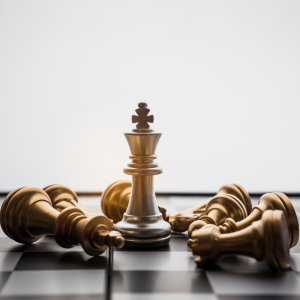
Chess Academy
$240.00 -

Chess Class for Homeschoolers!
$125.00 -

Chess For Two
$60.00 -
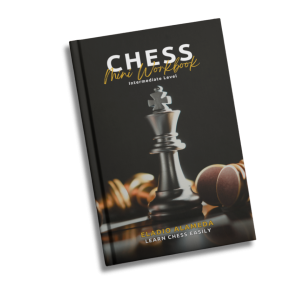
Chess Mini Workbook
$10.00 -

Chess Sets
$25.00 -
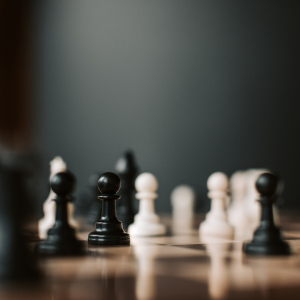
Group Chess Classes
-

LCE Chess Champions – Online Practice & Mini-Tournament
$10.00 -

Private Chess Class
$45.00 -

River City Science Academy’s Mandarin Campus – KLC Chess Club
$250.00
